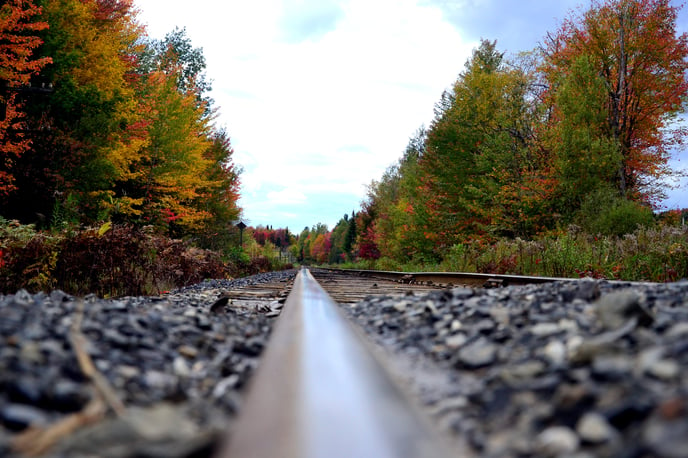I've finished the course but want to continue learning about Indigenous history and reconciliation.
🎓 This article is for learners.
Great question! We love dedicated learners.
The 4 Seasons of Reconciliation course is an introductory look at the history and reality of truth and reconciliation. There is always more to learn and experience on the path to reconciliation. Here are some of our recommendations for continuing your learning.

Bonus Library
Available to every learner who takes the 4 Seasons of Reconciliation is the Bonus Library. For learners taking the course directly from Reconciliation Education through our course portal, accessing the Bonus Library is as easy as clicking the button on Your Dashboard. You can access hours of bonus video content, including all the films from the Reconciliation Documentary series, as well as bonus videos and interviews on topics of interest.
Additional eLearning
Reconciliation Education has additional courses and micro-learning options available in addition to the 4 Seasons of Reconciliation. Available for purchase, these additional eLearnings include September 30th, 5 Themes on Reconciliation, the Métis Module, and more. Contact Reconciliation Education to inquire about purchasing access to an additional eLearning.
Exploring the National Film Board of Canada's Indigenous Cinema
Grab a friend and a bowl of popcorn for a movie night with NFB's Indigenous Cinema! The National Film Board of Canada hosts an excellent selection of Indigenous films you can view for free to learn more about different peoples, cultures, and topics - all created by Indigenous artists. We recommend filtering by subject to help find films of interest to you.
Live events & speaker presentations
Across Turtle Island, there are fantastic organizations hosting speaker series, which give you the chance to learn directly from Indigenous people. Try searching for local events near you. Many are free or low cost, and are great options to learn about specific subjects from experts.
As a starting point, we recommend checking out our friends at the Outdoor Learning Store, which has a great roster of speakers and is perpetually holding events and classes to educate on Indigenous ways of knowing and being, and the importance of the Land. If you're not able to attend a current workshop, check out their recordings of past speaker events.
Learning language
Indigenous languages are endangered across Turtle Island. Language preservation and revitalization is crucial - and you can help! Libraries and friendship centres across Turtle Island are hosting language learning classes, both in person and virtual, sometimes even for free. Look around at what options are near you to begin learning a local Indigenous language.
If classes aren't your thing, we invite you to explore online resources such as FirstVoices, Inuktut Tusaalanga, and LearnCree. Challenge yourself to learn how to say hello, thank you, goodbye and welcome in an Indigenous language local to you.
Expanding your learning through activism & participation
Engaging in truth and reconciliation can take place within the global and national spheres. However, learning and engaging at the local level is just as important, if not more. There are specific lands and Indigenous peoples connected to where you live, work, and play.
Don't miss the value of local connections: look for local organizations, events, and causes near you that you can participate with or amplify the voices of. You may want to start by joining a national movement like the Moose Hide Campaign, or by attending & advertising local rallies and social action events.
Have a great idea or resource we can add to this list? Email the Reconciliation Education team with "Suggestion" in the subject line. Maarsi cho!
